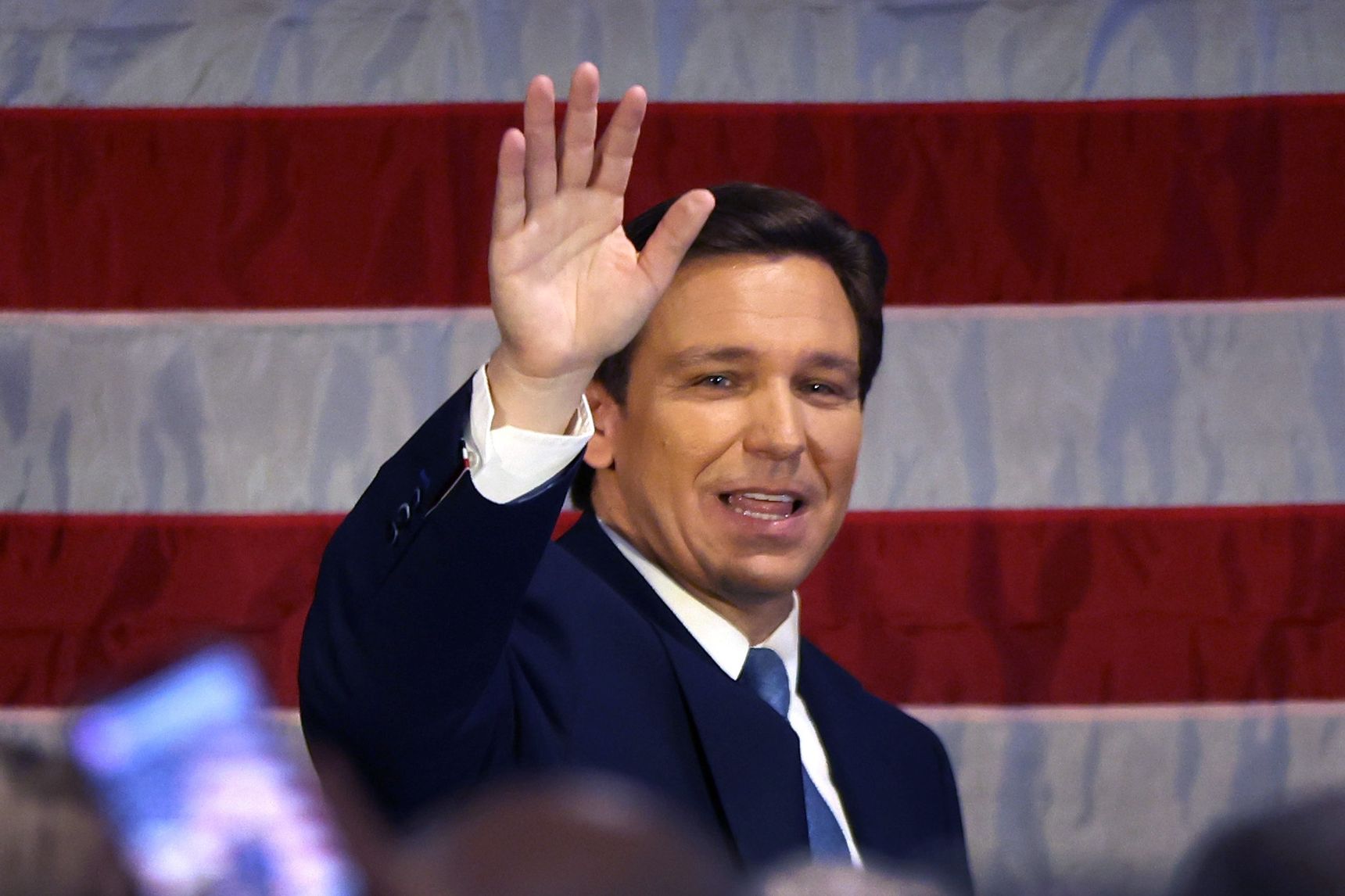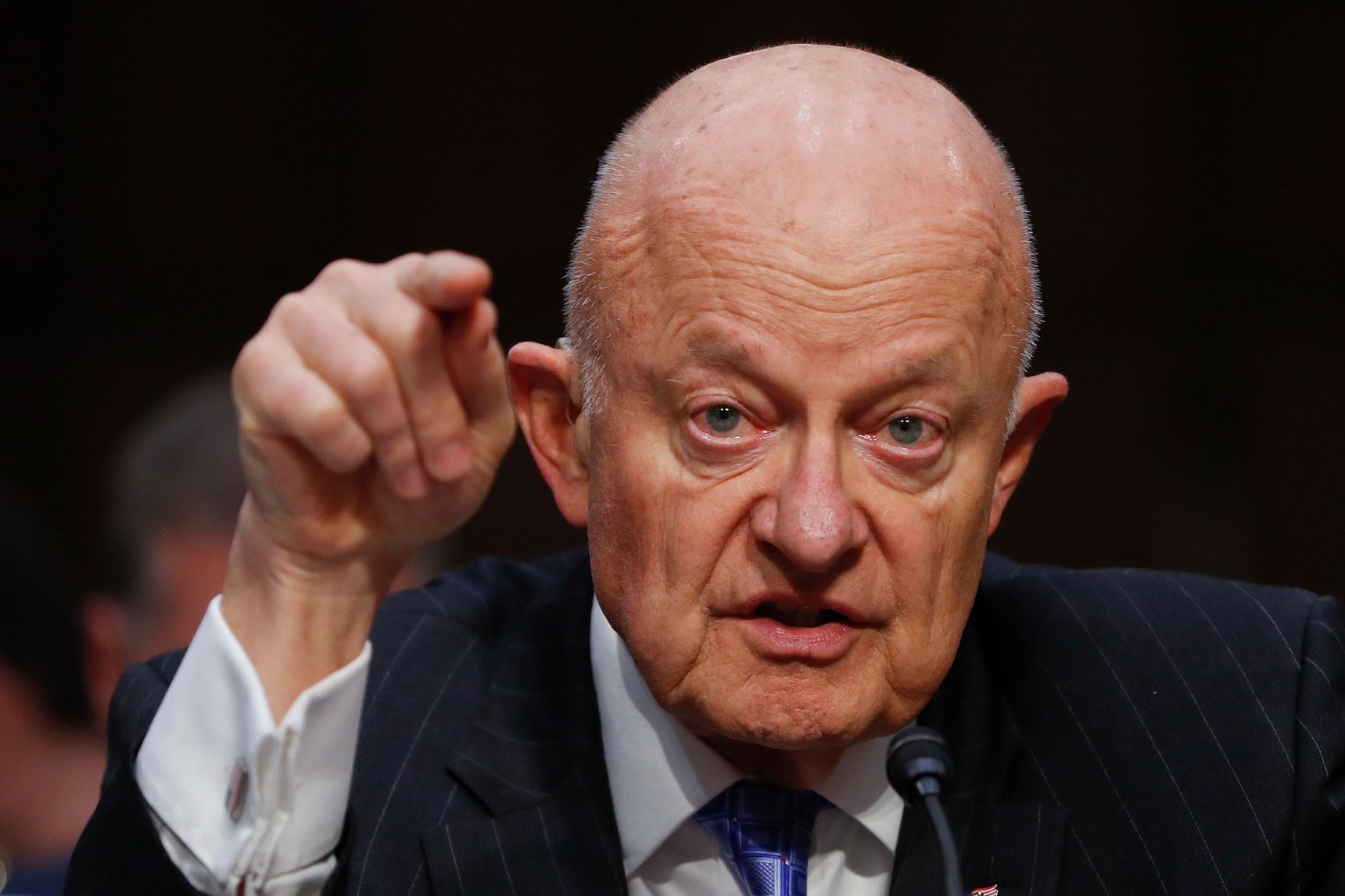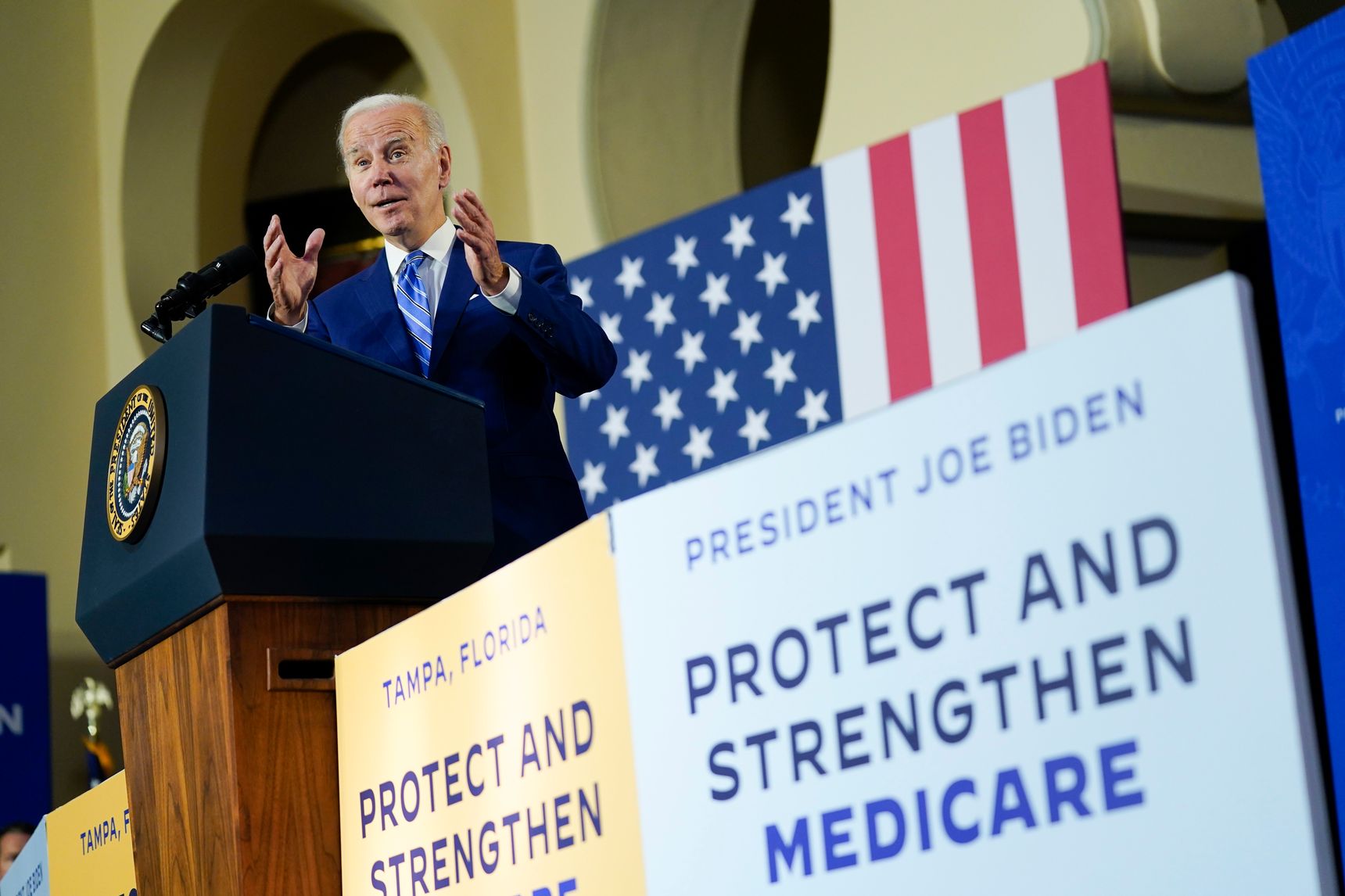Donald Trump’s early entry into the Republican primaries is already presenting his potential rivals with some tough choices. Among the most consequential: Do they join the former president in forging a GOP surrender caucus?
Mr. Trump is signaling hard he intends to make limiting or ending Ukrainian war aid central to his campaign. “This thing has to stop, and it’s got to stop now,” Mr. Trump told radio host Hugh Hewitt. “The United States should negotiate peace between these two countries, and I don’t think they should be sending very much.” He posted a video pledging to “clean house of all the warmongers and America-Last globalists,” while a Truth Social post hypes the risk of “WORLD WAR III.”
The position is perhaps unsurprising from a former president whose foreign policy in office was mercurial at best. And the ever-more-populist Mr. Trump sees an opening to rally a chunk of the base that is skeptical of military commitments abroad, so he is floating the false choice of a strong America globally or a strong America domestically. Add in Mr. Trump’s transitive Biden equation: If Joe Biden supports Ukraine and Mr. Biden is bad, it follows that support for Ukraine is bad. Or so he’s banking enough Republican voters will think.
But don’t underestimate the harm to the brand, or to the global order. The GOP for more than 70 years has been the party of strong defense, and where voters turn when they feel threatened. Mr. Trump and a small group (at least for now) of congressional Republicans risk throwing all that hard-earned credibility away, neutralizing one of the party’s greatest strengths and leaving the country without a meaningful alternative to Mr. Biden’s weak multilateralism.
That risk becomes even greater if others in the GOP feel compelled to follow. Nikki Haley, the former U.S. ambassador to the United Nations, appears to be charting a refreshingly opposite course. “It’s not a war about Ukraine,” she said last week. “This is about a war on freedom.” Other potential primary entrants—Mike Pence, Tim Scott, Mike Pompeo, John Bolton—are on record backing Ukraine.
But all eyes are on Ron DeSantis, who now looks certain to run. The Florida governor made news when he slammed Mr. Biden on Fox News for having a “blank check” policy toward Ukraine with no “strategic objective.” The press instantly slotted Mr. DeSantis into the Trump isolationist camp. Yet these few DeSantis lines hardly amount to policy. House Speaker Kevin McCarthy also uses the term “blank check,” though he supports Ukraine aid. He uses the phrase to describe Republican demands for greater transparency into Ukraine spending. Mr. DeSantis still has running room.
The temptation might be to follow Mr. Trump down this rabbit hole. Some will warn Mr. DeSantis that this is where Mr. Trump will hit him, framing him as a GOP pol who’ll drag the country into endless wars. Some will note numbers showing Republican support for Ukraine aid (slightly) waning. Mr. DeSantis’s advisers will tell him he can’t be seen to be on the same side as Democrats. There’s also the risk that Mr. Biden continues to slow-walk Ukrainian aid, giving Russia the upper hand and eroding public support further.
Yet it would be a mistake for Mr. DeSantis to cast his lot with Mr. Trump. Politically, he would lose a defining issue to the former president. The governor has an opportunity to contrast a bold, well-thought-out foreign policy with Mr. Trump’s opaque retreatism. It would muddy Mr. DeSantis’s ability to otherwise take a tough line on the world’s rogues, including China. It would give Mr. Biden—who is already gunning for Mr. DeSantis—an easy attack line. And it would put the governor crosswise with most congressional Republicans, many of whom are rooting for him.
Policy-wise, any presidential candidate needs to campaign as if he plans to win, and Mr. DeSantis might consider the world he’d inherit should Vladimir Putin prevail. A victorious Russia wouldn’t stop with Ukraine. China would delight in America’s retreat from the world stage and rush to fill the gap. Iran would double down on a bomb and on exerting greater hegemony over the Middle East. Peace through weakness never works.
Peace through strength does, and there’s a huge political opening for the candidate willing to take it. Criticize Mr. Biden for the foreign-policy weakness that emboldened Mr. Putin to invade in the first place, and for his dawdling on getting Ukraine real firepower. Describe what Ukrainian victory would look like and note that under a more decisive GOP presidency Ukraine would have already claimed it. Project a future in which a victorious and united Europe stands alongside America to face the growing China threat. Criticize Mr. Trump for his retreatism and remind the country that a strong America (with a rebuilt military) is the best guard against global disorder and the basis of U.S. safety.
National security remains a top voter priority; primary-goers want to know presidential aspirants have a coherent foreign-policy vision. Mr. Trump’s position poses the GOP field’s first test. Let’s see who passes.






